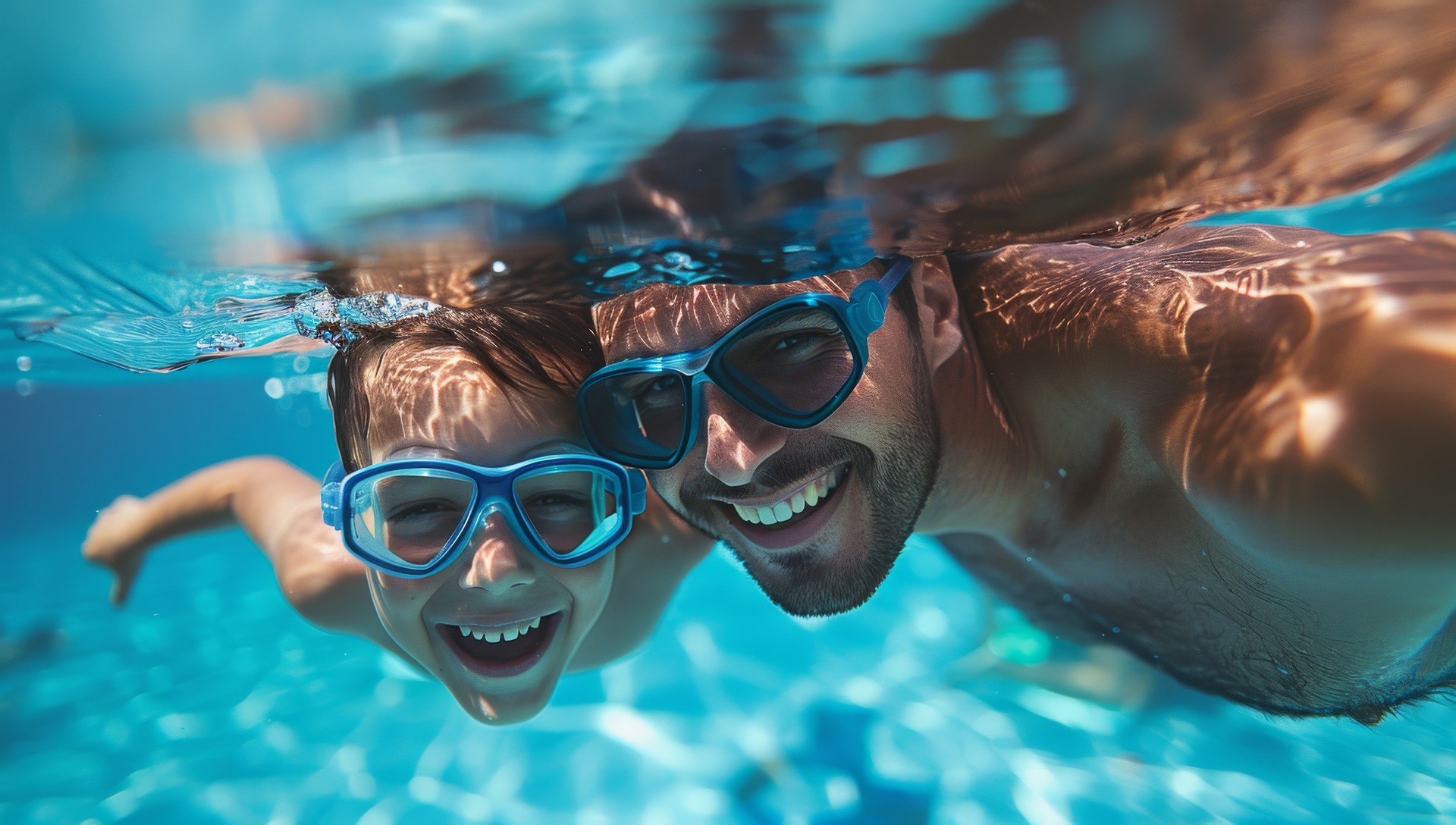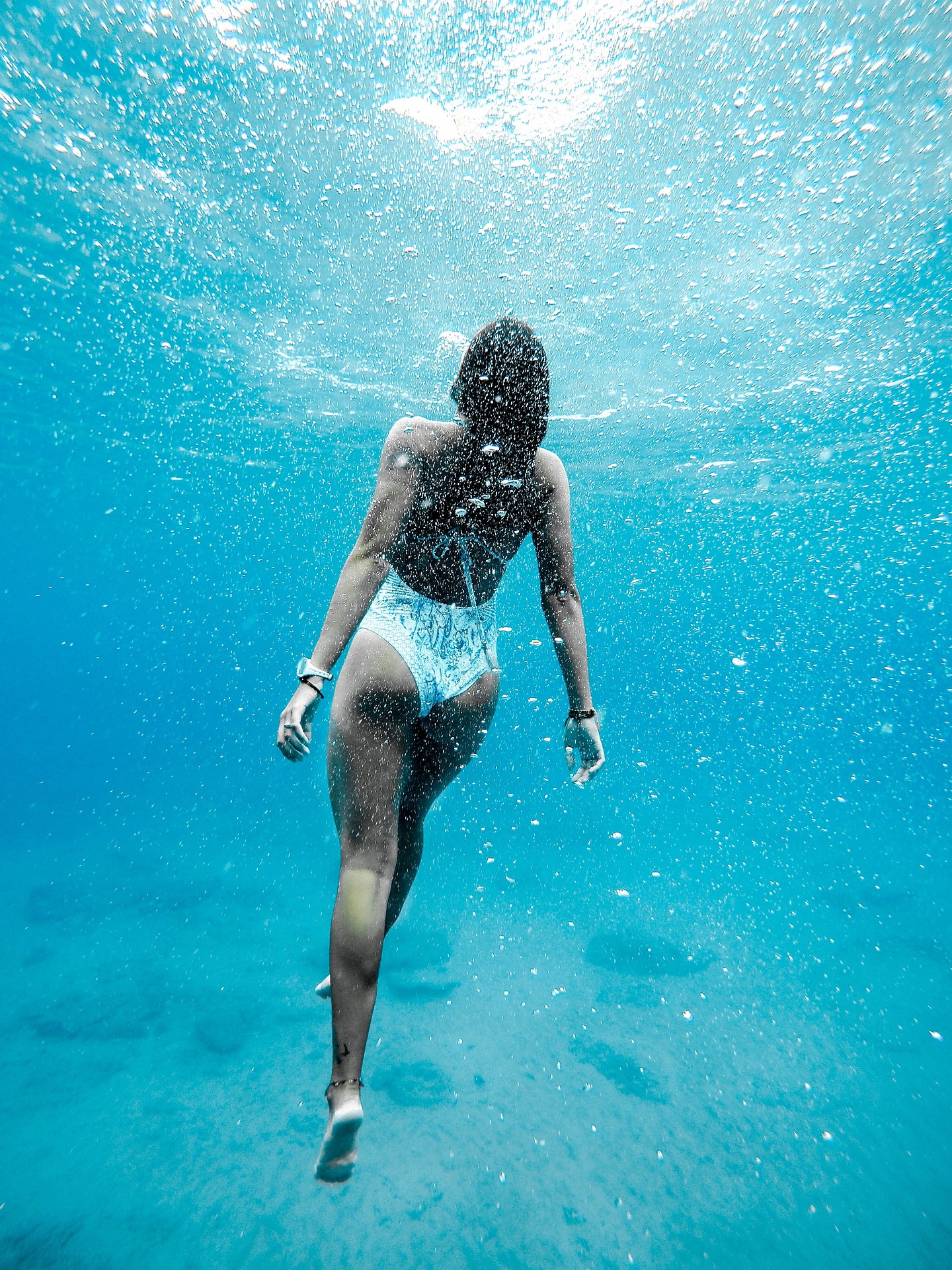
Nutrition for Swimmers: Fueling Your Performance
Introduction
Proper nutrition is essential for swimmers, as it directly impacts performance, recovery, and overall health. Understanding how to fuel your body effectively can enhance your swimming experience and help you achieve your goals. This article provides nutritional guidelines for swimmers, focusing on the importance of a balanced diet and hydration.
1. The Importance of Carbohydrates
Carbohydrates are the primary source of energy for swimmers. They provide the fuel needed for intense training and competition. Consider the following tips for carbohydrate intake:
- Complex Carbohydrates: Focus on complex carbohydrates, such as whole grains, fruits, and vegetables, which provide sustained energy. Incorporate foods like brown rice, quinoa, oats, and sweet potatoes into your meals.
- Pre-Workout Snacks: Consume easily digestible carbohydrates before workouts or competitions. Options like bananas, energy bars, or toast with jam can provide a quick energy boost.
2. Protein for Muscle Repair and Recovery
Protein is crucial for muscle repair and recovery, especially after intense training sessions. Aim to include protein-rich foods in your diet:
- Lean Proteins: Choose lean sources of protein, such as chicken, turkey, fish, eggs, dairy products, legumes, and nuts. These foods help rebuild muscle tissue and support recovery.
- Post-Workout Protein: After swimming, consume a protein-rich snack or meal to aid recovery. A smoothie with protein powder, yogurt, or a turkey sandwich can be effective options.
3. Healthy Fats for Endurance
Healthy fats play a vital role in providing energy and supporting overall health. Incorporate sources of healthy fats into your diet:
- Avocados, Nuts, and Seeds: These foods are rich in healthy fats and provide essential nutrients. Include them in salads, smoothies, or as snacks.
- Omega-3 Fatty Acids: Fatty fish, such as salmon and mackerel, are excellent sources of omega-3 fatty acids, which can help reduce inflammation and support heart health.
4. Hydration: Staying Fluid
Staying hydrated is crucial for optimal performance and recovery. Swimmers should pay attention to their fluid intake:
- Pre-Workout Hydration: Drink water before workouts to ensure you start hydrated. Aim for at least 16-20 ounces of water a few hours before swimming.
- During Workouts: For longer training sessions, consider electrolyte-rich drinks to replenish lost fluids and electrolytes. Water is usually sufficient for shorter swims.
- Post-Workout Hydration: Rehydrate after swimming to replace lost fluids. Water, coconut water, or sports drinks can help restore hydration levels.
5. Timing Your Meals
Meal timing can significantly impact performance. Consider the following guidelines:
- Pre-Swim Meals: Eat a balanced meal 2-3 hours before swimming, focusing on carbohydrates and protein. Avoid heavy or greasy foods that may cause discomfort.
- Post-Swim Recovery: Consume a meal or snack within 30-60 minutes after swimming to optimize recovery. Include a mix of carbohydrates and protein to replenish energy stores and support muscle repair.
Conclusion
Proper nutrition is essential for swimmers to fuel their performance and enhance recovery. By focusing on a balanced diet rich in carbohydrates, protein, and healthy fats, as well as staying hydrated, swimmers can optimize their training and competition experiences. Pay attention to meal timing and listen to your body’s nutritional needs to ensure you’re performing at your best in the water.


